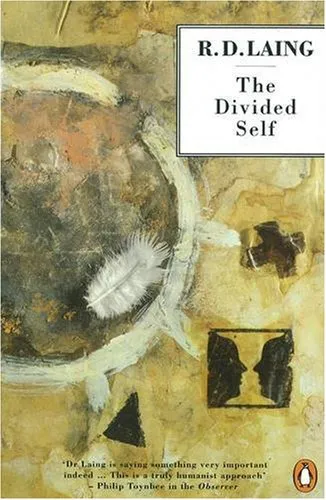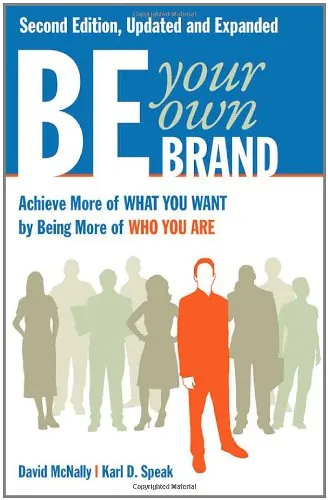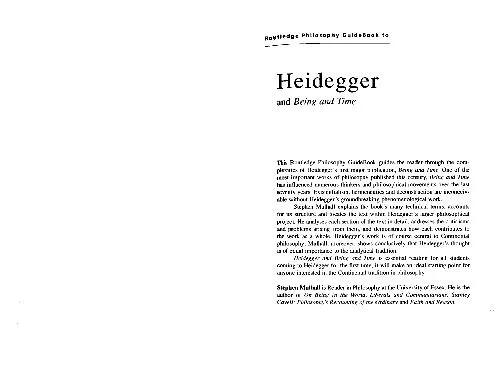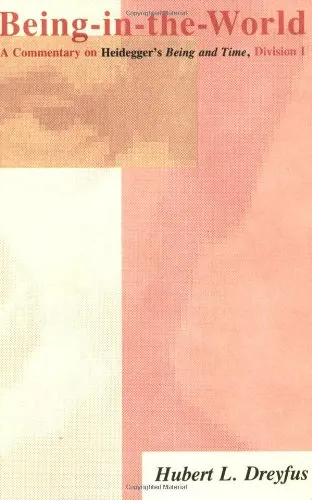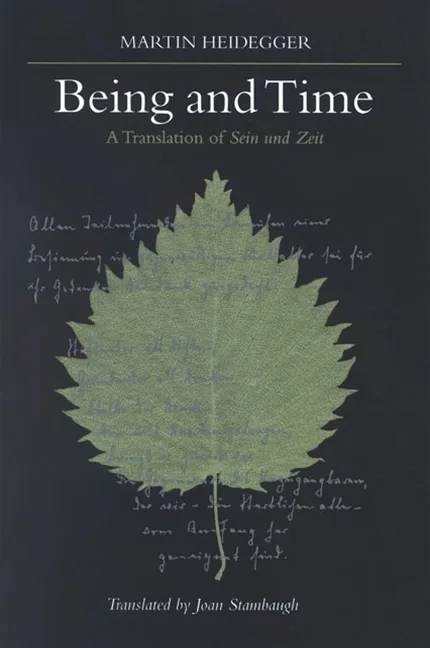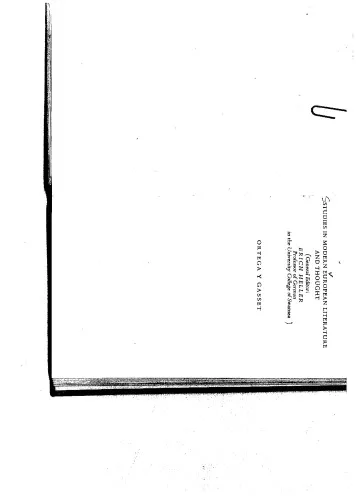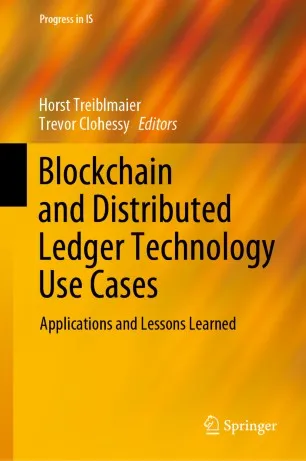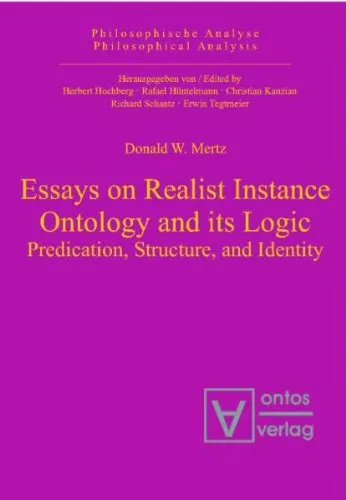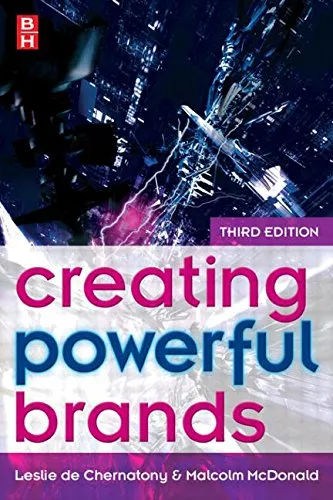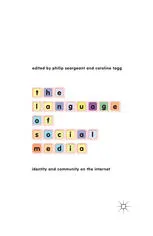The Divided Self. An Existential Study in Sanity and Madness
4.5
Reviews from our users

You Can Ask your questions from this book's AI after Login
Each download or ask from book AI costs 2 points. To earn more free points, please visit the Points Guide Page and complete some valuable actions.Related Refrences:
Introduction
Welcome to an exploration of R.D. Laing’s seminal work, The Divided Self: An Existential Study in Sanity and Madness. This groundbreaking book delves into the intricate dynamics of mental health, challenging conventional understandings of sanity and madness by exploring the lived experiences of those we often label as "mentally ill."
Detailed Summary
R.D. Laing's The Divided Self posits that mental illness, particularly conditions like schizophrenia, can be understood as an intelligible response to the painful experiences of living. Written during the 1960s, a time when the world of psychiatry was undergoing upheavals, Laing's text offers a radical shift away from the medical model's reliance on biological determinism. Instead of viewing mental disturbances as mere symptoms of chemical imbalances, Laing argues for a more holistic understanding of these conditions as responses to existential factors.
In the book, Laing introduces the concept of ontological insecurity—a state where the individual’s sense of reality and consistent identity is fragmented by overwhelming threats to their inner world. These threats may arise from interpersonal relationships, societal pressures, or alienating experiences that lead to a divided self. Using vivid case studies and theoretical reflections, Laing illustrates how the construction of false selves emerges as a coping mechanism to protect the ontologically insecure individual.
Laing’s work is not just a theoretical exposition; it is deeply compassionate, urging practitioners to genuinely understand the subjective experiences of their patients. By listening and engaging with these experiences, he believes that we can foster healing and reintegration, helping the divided self find coherence and authenticity once more.
Key Takeaways
- Mental illness can be a rational response to alienating life experiences.
- ‘Ontological insecurity’ is central to understanding the existential experience of madness.
- The therapeutic process should focus on understanding the patient’s lived experience.
- Laing challenges the biomedical model of mental disorders, advocating for a more humanistic approach.
Famous Quotes from the Book
"We are all in a post-hypnotic trance induced in early infancy."
"Existential phenomenology seeks to comprehend the human as he is.
"The condition of alienation, of being asleep, of being unconscious, of being out of one’s mind, is the condition of the normal man."
Why This Book Matters
Laing’s The Divided Self remains a cornerstone in existential and humanistic psychology. It is a testament to the importance of empathy and understanding in mental health care. In an era dominated by medication and diagnostic manuals, Laing’s work is a refreshing reminder of the complexity of the human experience and the necessity of addressing the emotional and existential underpinnings of mental distress.
His insights have inspired a generation of psychologists, therapists, and philosophers to consider the broader dimensions of human existence. The book challenges us to rethink our definitions of sanity and madness, urging society to embrace individuals’ lived experiences without judgment or stigma. Recognizing the intelligent and communicative aspects of what has been traditionally categorized as insanity, Laing opens doors for more inclusive and empathetic models of care.
Free Direct Download
You Can Download this book after Login
Accessing books through legal platforms and public libraries not only supports the rights of authors and publishers but also contributes to the sustainability of reading culture. Before downloading, please take a moment to consider these options.
Find this book on other platforms:
WorldCat helps you find books in libraries worldwide.
See ratings, reviews, and discussions on Goodreads.
Find and buy rare or used books on AbeBooks.
1444
بازدید4.5
امتیاز0
نظر98%
رضایتReviews:
4.5
Based on 0 users review
Questions & Answers
Ask questions about this book or help others by answering
No questions yet. Be the first to ask!
